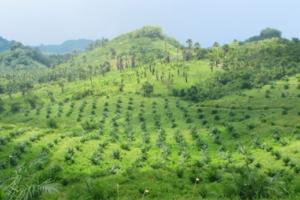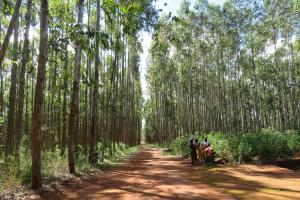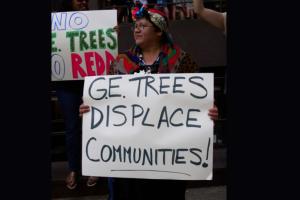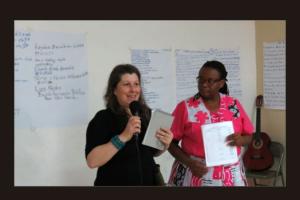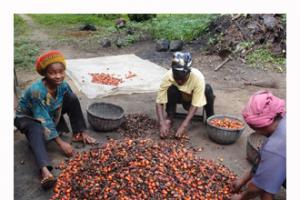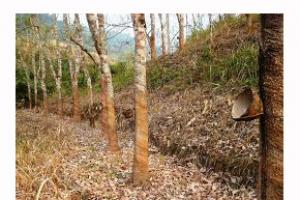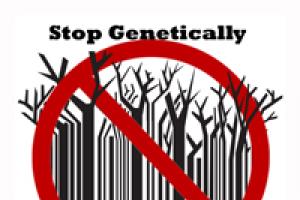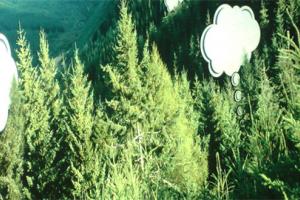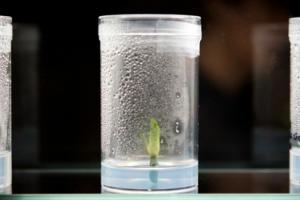Joint IPs/Farmers Coalition Hits Oil Palm Expansion in Palawan
A press release by the Coalition against Land Grabbing (CALG), 13 October, 2014
Large-Scale Tree Plantations
Industrial tree plantations are large-scale, intensively managed, even-aged monocultures, involving vast areas of fertile land under the control of plantation companies. Management of plantations involves the use of huge amounts of water as well as agrochemicals—which harm humans, and plants and animals in the plantations and surrounding areas.
Other information
16 October 2014
13 October 2014
The 12th Conference of the Parties (COP 12) to the Convention on Biological Diversity (CBD) is taking place in South Korea.
Action alerts
13 October 2014
GE Trees: Another Form of Colonization
13 October 2014 – From the Indigenous Environmental Network and the Campaign to STOP GE Trees
Bulletin articles
26 September 2014
Dismantle the power of transnational plantation corporations!
There is no “smart monoculture”: Support the People’s Climate March!
Bulletin articles
26 September 2014
Genetic engineering allows scientists to modify trees by inserting genetic material from another tree of the same species, from another tree species or from another species altogether. The attempts by research and plantation companies in the US, Brazil and other countries to commercialize engineered trees are posing an enormous risk to the world’s forests.
Other information
26 September 2014
Other information
26 September 2014
Producing cheap palm oil comes at a high price: destruction of rainforests, labour exploitation, and brutal land grabbing. With lands in Indonesia and Malaysia becoming more difficult for palm oil companies to acquire, attention is shifting to Africa as a new frontier for low cost palm oil production for export.
Other information
26 September 2014
Other information
26 September 2014
Bulletin articles
26 September 2014
